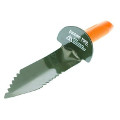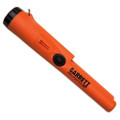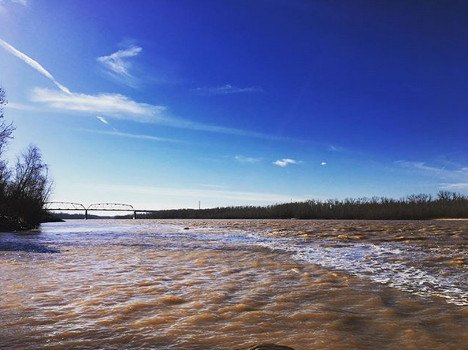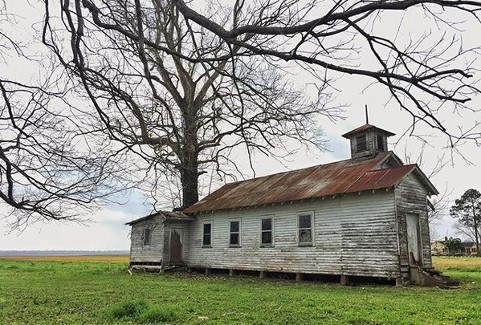Some of the most important battles of the Civil War were fought in Louisiana. With a metal detector, relics from the Civil War can be found all across the Bayou State. There are also stories of pirates burying their treasure in the region. Both of these factors make Louisiana a great state for treasure hunting.
Laws
In all American states, treasure hunting is regulated by the Archeological Resources Protection Act (ARPA). The ARPA forbids the excavation of items that are more than 100 years old and located on public land. This law extends to recreational treasure hunters exclusively. Qualified archaeologists with permission from the state are free to extract items as they see fit.
In Louisiana, digging on state or federal land requires a permit. However, these permits can be difficult to obtain and are rarely granted to novices. This is one of the reasons many recreational treasure hunters prefer to use metal detectors on private land. Metal detecting on private property is exempt from the Archeological Resources Preservation Act. But before using a metal detector on private property, you need to get the landowner's permission. It's also important to remember that any discoveries made on private property belong not to the treasure hunter, but to the owner of the land.
Treasure hunting on Civil War battlefields is not permitted. However, you may still find badges, buttons, and medals in land crossed by Civil War soldiers as they headed into battle.
Best Metal Detecting Equipment
| Product | ||
|---|---|---|
| Metal Detector |  |
|
| Edge Digger |  |
|
| Pin-Pointer |  |
|
| Knee Pads |  |
Buried Treasure
For decades, treasure hunters have been using metal detectors in the hopes of uncovering one of the many buried bounties said to lie beneath Louisiana ground. Although none have been successful, stories of the state's buried treasure persist.
One of the most interesting tales of buried treasure in Louisiana is that of the Fallen Springs Campsite. This campsite is located to the east of the Toledo Bend Reservoir. It's here that countless 19th-century outlaws took refuge after committing crimes. More than a few outlaws are rumored to have buried treasure in the area. During the 1800s, bandits had a tendency to be arrested and/or murdered. It's safe to assume such a fate befell many of the outlaws who buried their loot in Fallen Springs Campsite before they had a chance to reclaim it.
The rivers of Louisiana are also said to be flowing with long-lost treasure. The steamboat John Adams sank to its watery grave just off island #82 of the Mississippi River. It's believed to have been carrying half a million dollars in gold. There are also tales about the Red River. It's said that $2 million worth of gold bullion lies beneath the Red River.

Ghost Towns
The vast majority of Louisiana ghost towns were abandoned because of natural disasters. Most of them remain severally flooded while some have been completely washed away. The few that are safely accessible today are good for metal detecting.
Alberta
Alberta, of the Bienville Parish, began as a lumber camp in the early 20th century. It soon expanded beyond its sawmill to house a church, a school, and several small businesses. A tornado destroyed the town in 1952, with many of its buildings being literally blown away. The town's sawmill remained in operation until the 1990s. Its closure lead to the total abandonment of Alberta. Today, the town is deserted aside from the treasure hunters who come hoping to excavate buried jewelry and coins.
Torras
The town of Torras was abandoned after a series of disasters. Torras was founded in 1902. Ten short years later, it was flooded when its levee failed. The town was flooded again in the Great Flood of 1927. Any hope the residents had of rebuilding their town were shattered when Torras lost its railroad in the wake of the Great Flood. Since its abandonment, rumors have spread that the area around Torras is cursed. Nonetheless, treasure hunters continue to visit what remains of the town.

Conclusion
In Louisiana, the past and present co-exist. Modern buildings rest almost on top of major historical sites. This is one of the reasons why the state is so popular among treasure hunters. In a matter of minutes, you can go from enjoying delicious Louisiana cuisine to uncovering a relic of the Civil War. For many, metal detecting in Louisiana is thrilling even when it's unsuccessful. Something about the state's rich history coupled with its inherent mysticism breeds the perfect treasure hunting environment.
In order to have the best chance of success, you need the right equipment. Make sure to use a high-quality metal detector.
